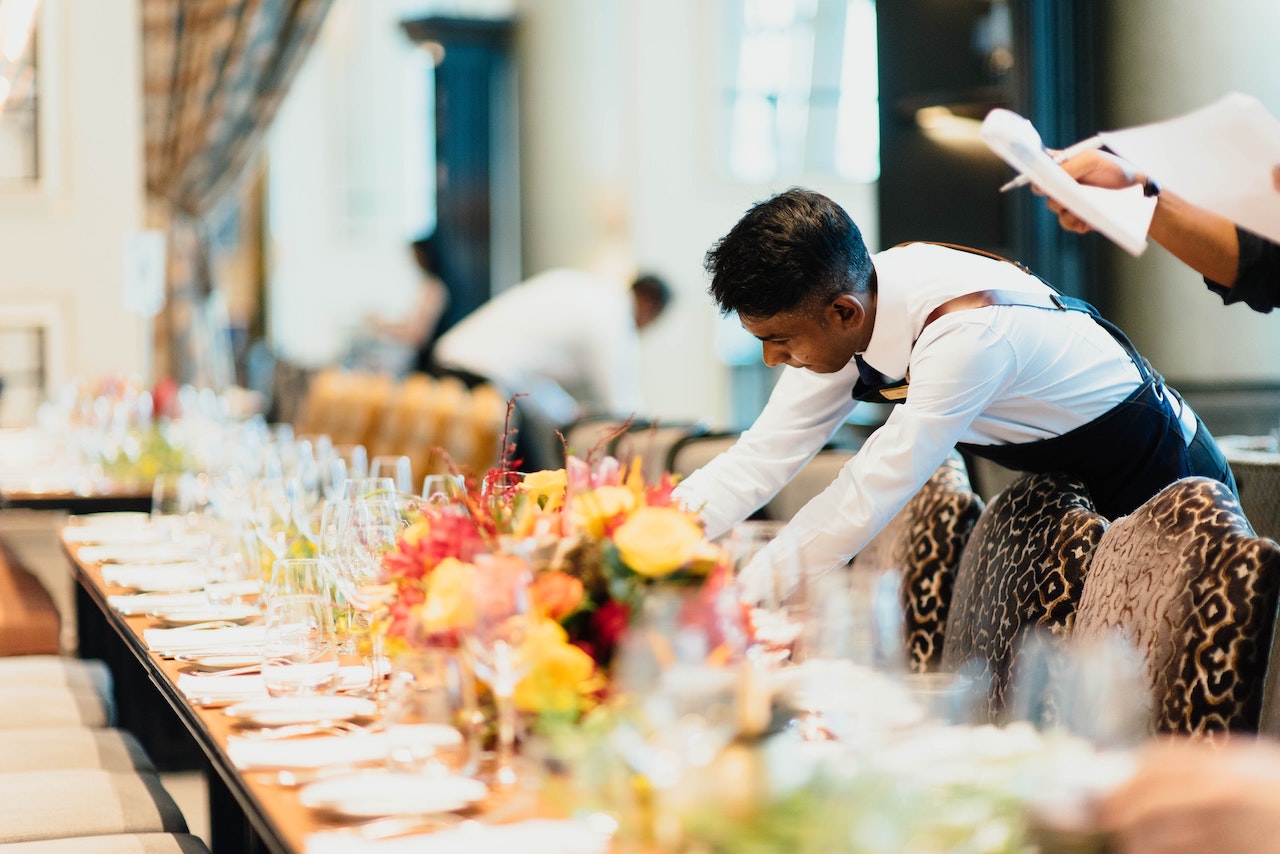“WAITER! What is this fly doing in my soup?!” bellowed the disgruntled diner.
“It appears to be the backstroke, Sir,” came the cold, flat reply.
10-year-old me found that joke hilarious for a couple of reasons. One, I was young and stupid, and literally pictured a dumb waiter and a fly swimming in soup. And two, the mental image of a fly doing the backstroke? I mean, come on.
Fast-forward 7 years and I still love that joke, though for a different reason.
Fresh out of secondary school with time to kill, I joined the workforce as a banquet waiter in a hotel. And I finally understood why the waiter said what he did; I understood how close he must’ve been to breaking said diner’s face.
Put bluntly: working in the service industry is rough. But this story is not about entitled Singaporean diners.
Instead, it’s about how a job or even a career in F&B has value in ways that many Singaporeans still fail to understand.
It’s tough, it’s also deeply humbling. And it can teach you things about life even people at the peak of their corporate jobs don’t get. This includes (but isn’t limited to) how to make small talk, effective conflict management, and accepting that sometimes, you just have to knuckle down and do the dirty work.
But is this true for everyone who has worked in and continues to work in F&B?
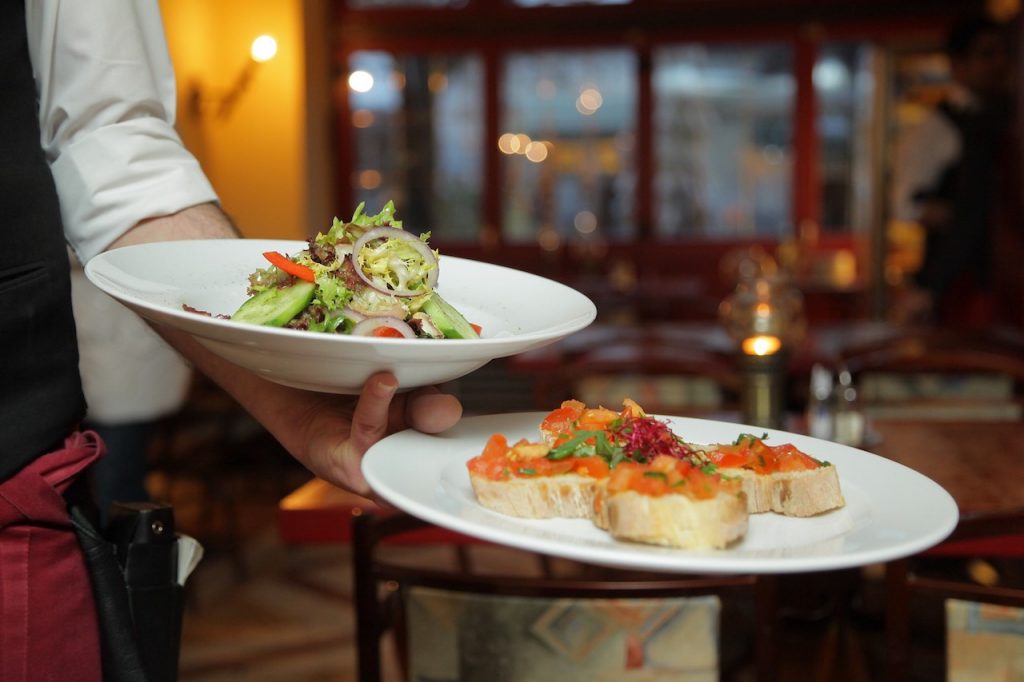
“Everyone has to start somewhere right?” he says, before sharing that working as a waiter taught him humility, and to just “suck it up”. Jacob knew: when you start from the bottom, it’s simply because the company needs more hands on deck, nothing more.
Everyone is expendable to some degree, and for Jacob, it was a lesson taught and reinforced during his stint in F&B.
“My manager was a great guy. Tough but fair. If we had a good shift, he’d praise us and buy us a drink; if we messed up, yes, he’d yell but it’s what he said after he cooled down that has stuck with me since: he would remind us that we [all the waiters] were essentially just another pair of hands, and to diners, it didn’t matter whose hands they belonged to.”
It was in this way that Jacob learnt how there will always be someone more talented who might come along, or someone who’s willing to work for lower pay/benefits—whether as a waiter or in any other profession. If he wanted to keep his place, he had to get things done, instead of complaining about how unfair life was—something his fellow colleagues regularly did.
Today, Jacob is a successful banker. And the memory of being at the bottom of the food-chain keeps his ego in check.

This is 27-year-old Audrey Teo.
As a waitress in a popular, high-end restaurant, it took her ages to get used to the “absolute madness” that was the lunch and dinner rush. The chaos was so bad that she thought of quitting after only a month.
Unpredictability came with the job. Sometimes, a reservation for 5 would balloon into a party of 10, and it was her job to deal with it and diners’ corresponding moods/demands.
To manage this—on top of the many tables Audrey already had to serve—she had to learn how to think quickly on her feet, putting out (metaphorical) fires with patience and effective communication.
In short, she was taught how to prioritise; to avoid unnecessary and wasted motion; how to cope when faced with immense pressure, eventually even thriving under it.
Everything came in handy when Audrey became a trader later on in life. There wasn’t as much of a ‘culture shock’, and she adapted to her new, high-stress environment quickly and easily to the delight of her bosses.
“Oh, and I learnt how to do it all with a smile,” she adds.
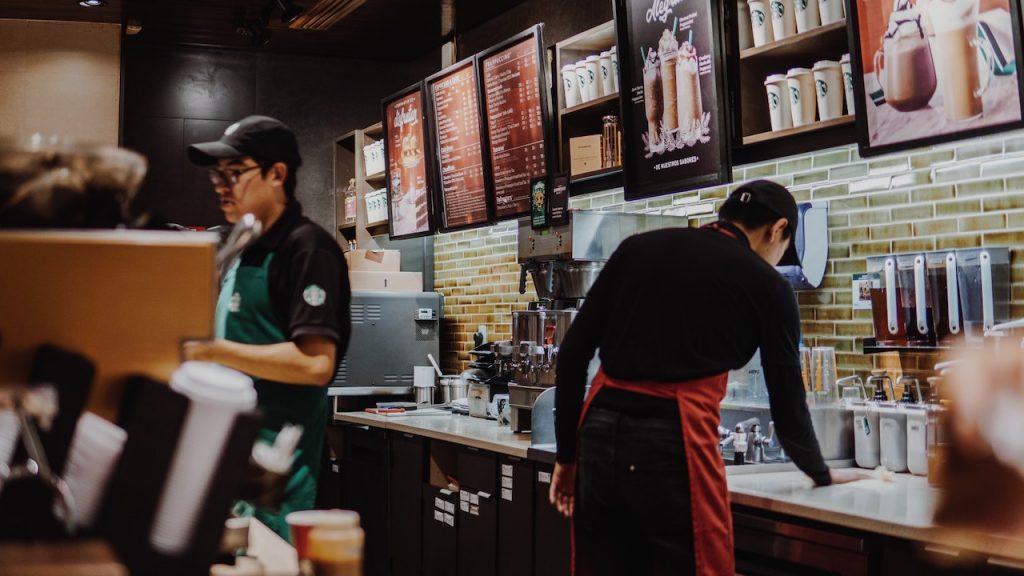
46-year-old Giorgio Nathen, the operations manager of Luka Ristorante, has been in the business for close to three decades.
For him, meeting new people was the reason he chose to work in the F&B in the first place. Since he was a teenager, he loved socialising. When it came time to finding a job, the hospitality industry was a natural fit.
Giorgio shares that contrary to what one might think, most people take his work seriously. Like him, they know it is an honest and rewarding job, although there remain two common misconceptions: time and money.
Many people think staff are worked to the bone, regularly miss important life events, and can never take leave—all of this, supposedly on a salary that makes a child’s allowance look extravagant.
Of course, this is not entirely untrue. Giorgio has come across restaurant owners/managers who feel entitled to milking their employees for everything they have, simply because they’re paying their salaries. Unclear about the Ministry of Manpower’s (MOM) guidelines on hours of work, overtime, and rest days, coupled with not knowing how to manage their time, employees can find themselves working ungodly hours with little to no rest.

But for Giorgio, coping with these demands and staying motivated is easy. It all boils down to one thing: not taking things personally.
In his many years in the industry, he has also learnt that there are all sorts of different people in life: the amazing; the kind; the eccentric; and needless to say, the disgustingly rude.
“You will always have to put on a different coat and adjust based on the type of people you encounter. The only difference is to always stick to your principles.”
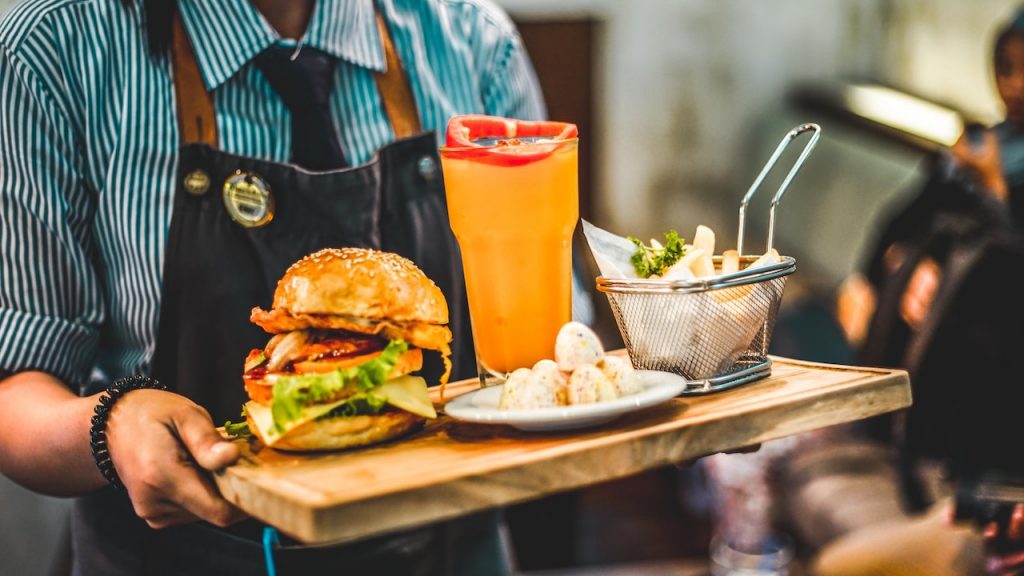
When Anne made the decision to make F&B a career, there were people around her who wondered why, especially since she was a university graduate. Others assumed she was going through a phase, assuming she hadn’t figured out what she wanted to do with her life. And finally, many patronisingly said she was “bold” to go for what she was interested in.
“Working in this line can be especially tough when you’re physically/mentally ill, or if you are going through personal issues because let’s be real—who cares? It’s your job and you have to smile through it either way,” she tells me.
But Anne chooses to focus on the positives. She’s more than willing to give customers the benefit of doubt (“they aren’t all that bad actually”), surmising that they might’ve just had a bad day at the office. Similar to Giorgio, she too has had lovely customers who’ve later turned into good friends.
The most important lesson Anne has learnt, however, is patience and how to manage different people in different ways. Being more aware of everyone’s (customers, staff, or even her own) changing moods every day, Anne has become more empathetic and in turn, a better employee, friend, colleague, and a better person on the whole.
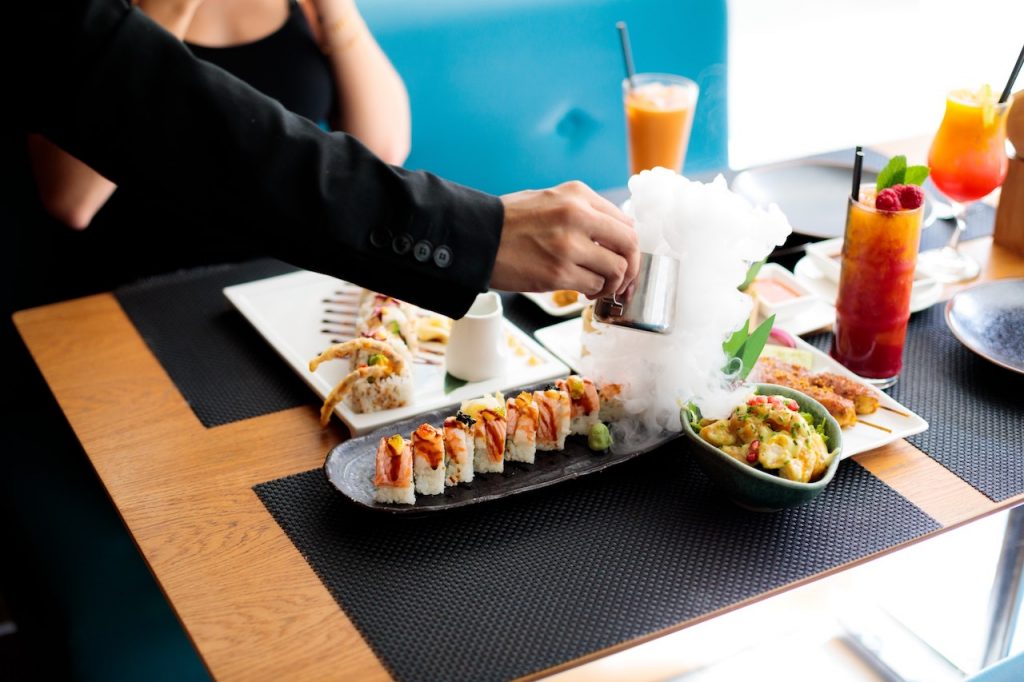
The job is difficult; you constantly have a million things on your to-do list, and there is no single way of putting out all the fires. You just have to deal with whatever the job throws at you, and figure it out along the way.
The great thing is that where there are challenges to be faced, there are lessons to be learnt. And F&B is chock full of them.
For better or for worse, thanks to how tough the industry is, everyone who works in F&B ultimately benefits from their time there. So if you’re reading this, go. Go try working in the service industry now, or at least once in your life.
You’ll not only become a better employee, but a better person for it.
Be a member of the Burpple Beyond club to enjoy 1-for-1 deals at over 450 great cafes, restaurants and bars.
Have you also worked as a waiter/waitress before? What other life lessons has the job taught you? Tell us at community@ricemedia.co

